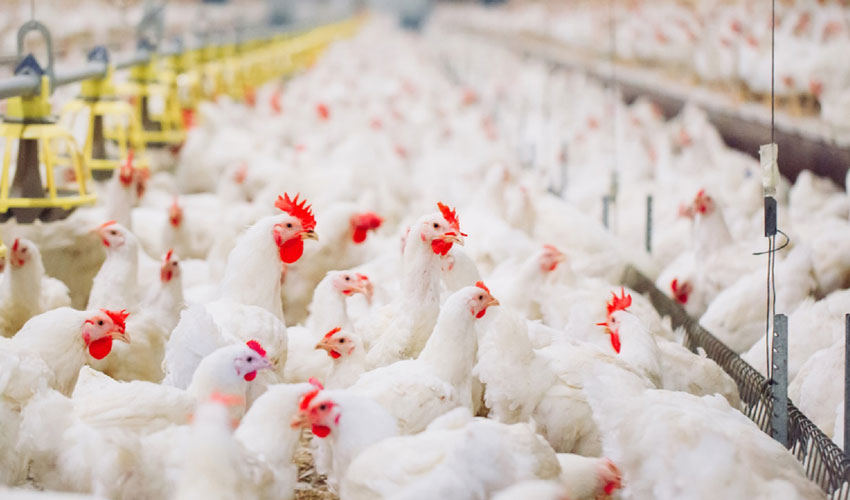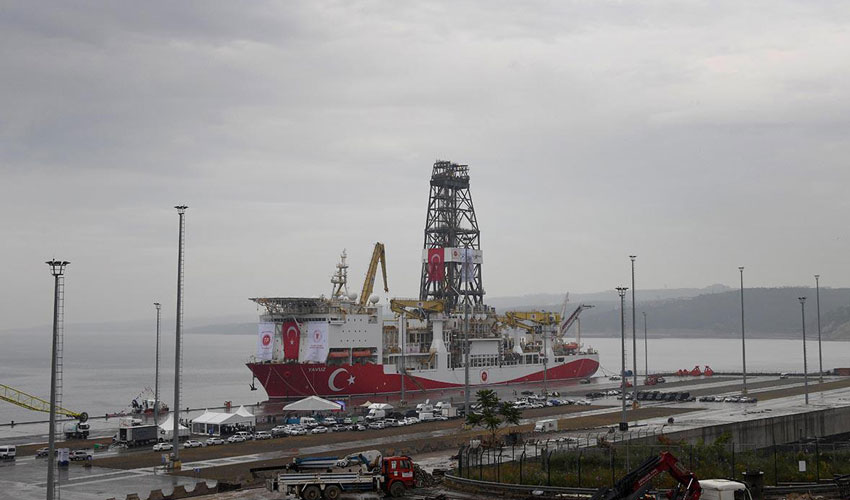
The publication cites Eurostat data released on August 14, according to which seasonally adjusted eurozone GDP grew by just 0.1% in the three months through June, unchanged from the initial flash data. The EU as a whole grew by 0.2%, also in line with previous estimates.
These data indicate a sharp slowdown from a dynamic first quarter, when GDP grew by 0.6% in the euro area and 0.5% in the whole EU, driven by strong export growth.
It is true that the economic situation is uneven across the EU. A decline of 0.1% was registered in Germany, the largest economy in the eurozone, and Italy, the third largest. This is largely responsible for the stagnation of the EU economy as a whole.
However, several countries showed good dynamics. First of all – Spain, where quarterly growth amounted to 0.7%, which was facilitated by high domestic demand and capital investment. Portugal and France performed well, with growth of 0.6% and 0.3%, respectively.
In Germany, Eurostat notes, the contraction reflects continued weakness in investment, especially in construction and capital goods. And Italian manufacturing suffered from low consumption and lower industrial activity.
The sharpest decline was seen in Ireland, where output fell by 1%.
Growth was more robust in Eastern European countries, but the size of their economies does not have such a significant impact on the EU economy as a whole. Romania and Poland posted quarterly growth of 1.2% and 0.8% respectively, supported by robust domestic demand and inflows from the Next Generation EU (NGEU) program.
However, Euronews emphasizes that an additional concern is the 1.3% drop in industrial production in the eurozone in June, which eclipsed the 1.1% growth in May and missed expectations of a more moderate 1% decline.
The fall was broad-based, with capital goods production down 2.2% and consumer durables down 4.7%.
Across the EU as a whole, output fell by 1%. Among the EU member states, Ireland recorded the largest monthly drop in industrial production, down 11.3%, followed by Portugal and Lithuania.
On the contrary, Belgium, France and Sweden showed a noticeable growth.













